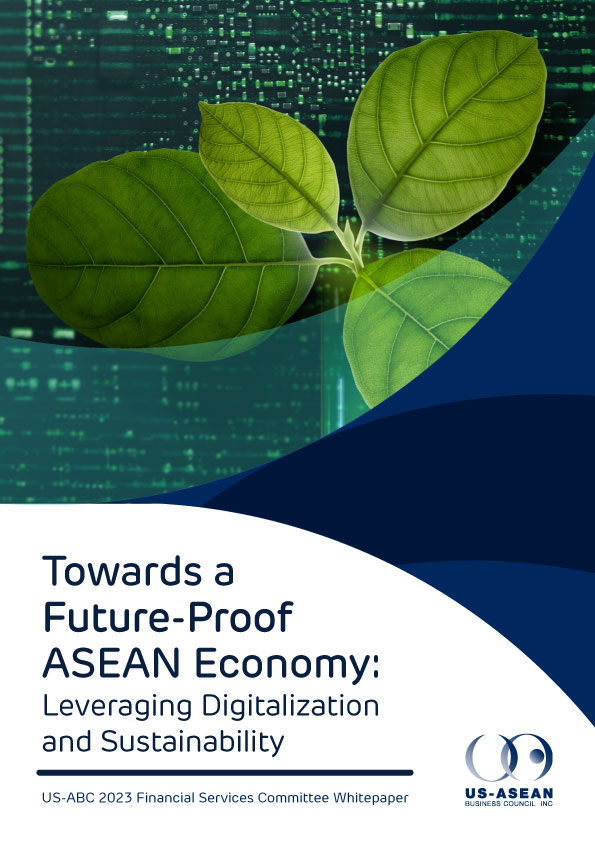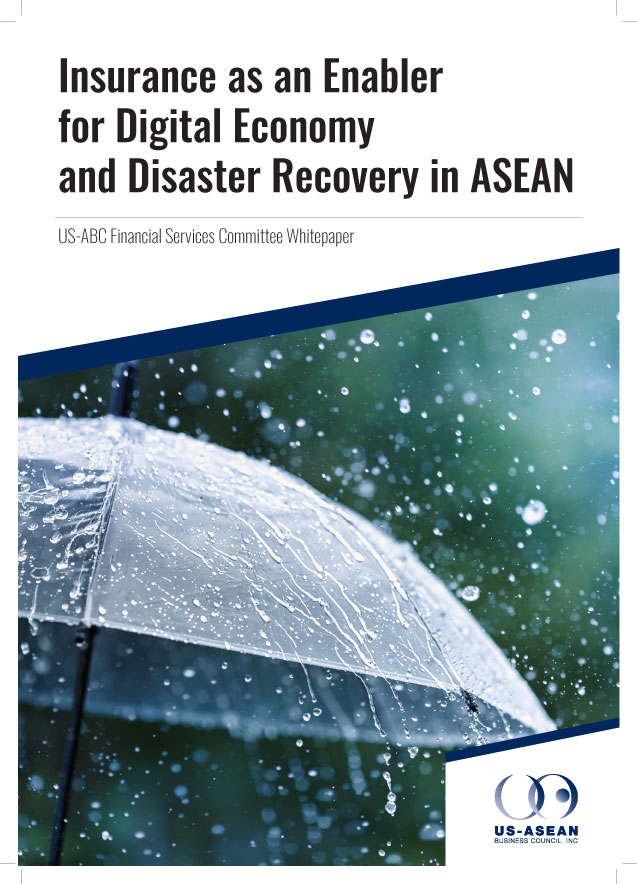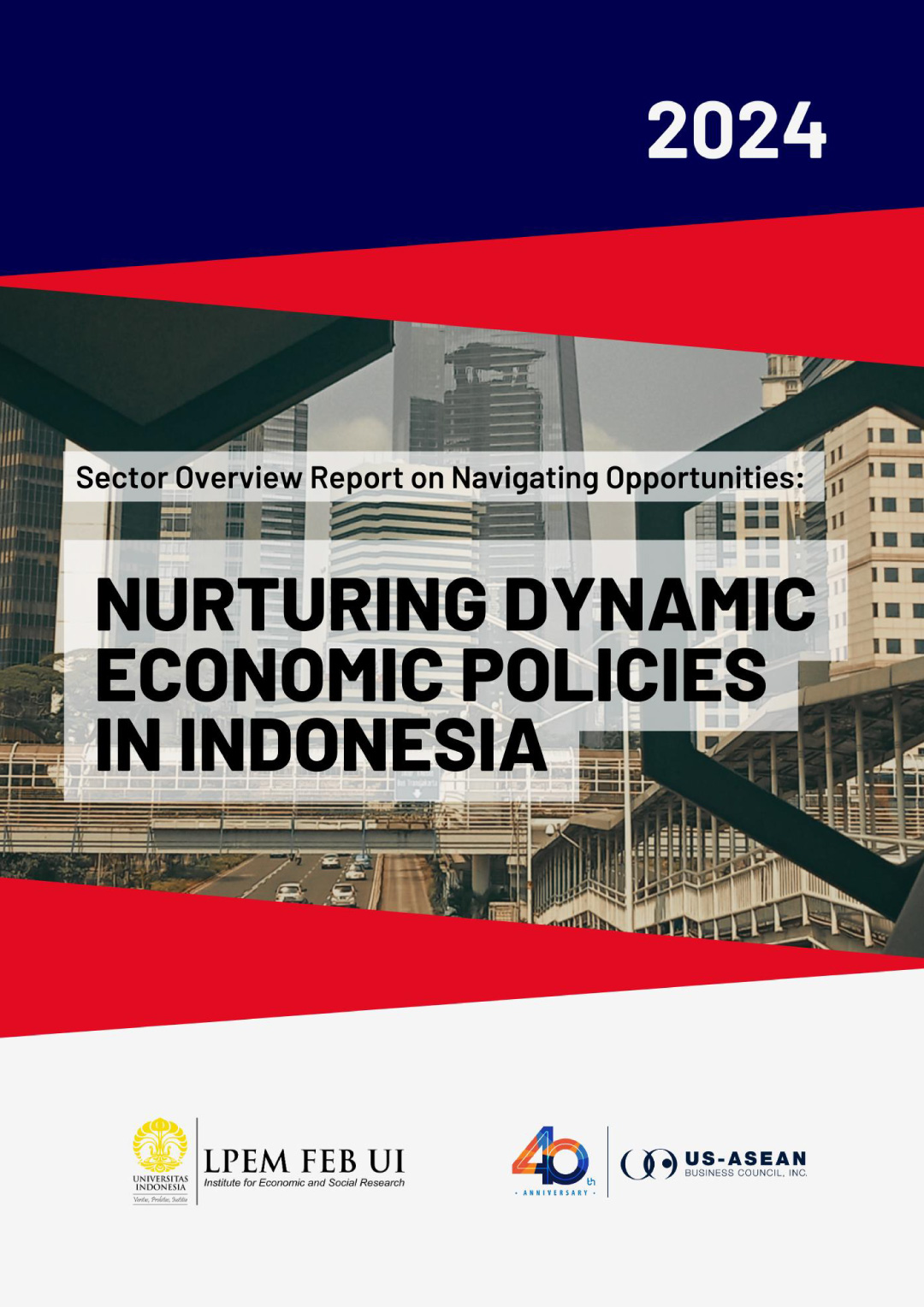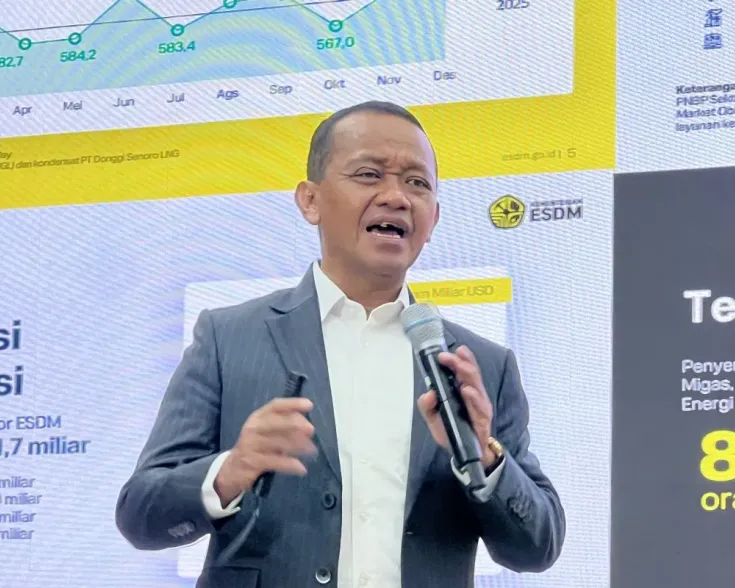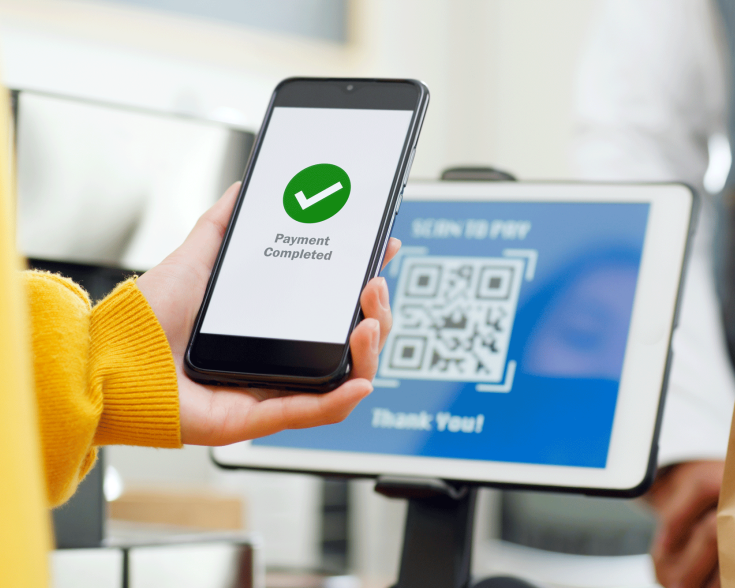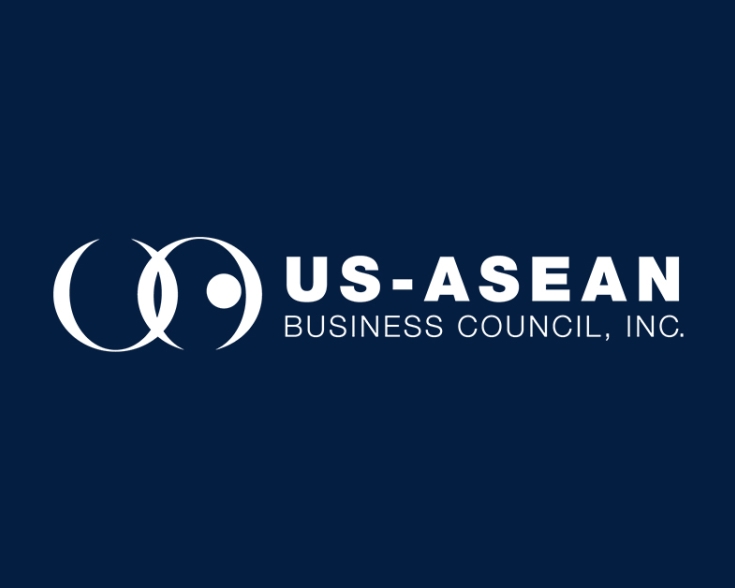U.S.-Indonesia Trade Negotiation and the Implications for ASEAN Financial Connectivity
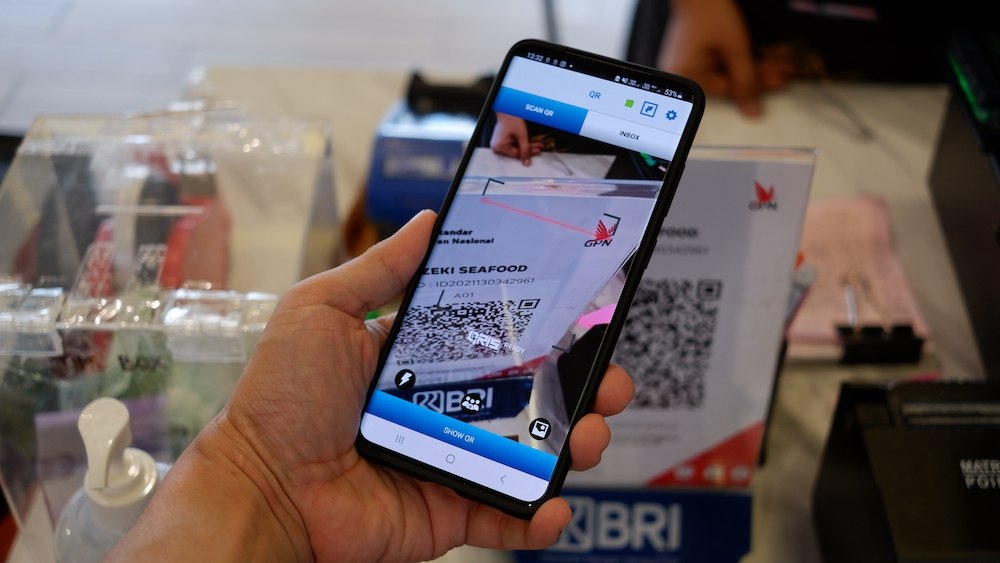
In the latest 2025 Foreign Trade Barriers Report, the United States Trade Representative (USTR) cited Indonesia’s Quick Response Indonesia Standard (QRIS) code system and National Payment Gateway as non-tariff barriers. The report noted that U.S. payment providers and banks were concerned during Bank Indonesia’s (BI) QR code policymaking process. International stakeholders were neither informed of the nature of the potential changes nor given an opportunity to explain their views on such a system, including how it might be designed to interact most seamlessly with existing payment systems.
The report flagged restrictions on foreign companies’ operations, data localization, as well as inadequate consultation. The payment systems were launched to promote financial inclusion and digital adoption under the Indonesia Payment Systems Blueprint (BSPI) 2030. The Foreign Trade Barriers Report is timely as the United States and Indonesia begin further discussions on trade. Moreover, BI has also signaled readiness to engage with the United States in discussing tariff related issues during the 60 days negotiation period.
Furthermore, BI has established national standards for all payments using QR codes in Indonesia, including the recently launched QRIS Tap system. BI aims to facilitate transactions across sectors, including transportation, public services, and other merchants. A month since its launch, QRIS Tap transactions have reached IDR 3.24 billion. The QRIS system operates in Singapore, Malaysia, and Thailand, with plans to expand the system with Japan, India, South Korea, China, and Saudi Arabia. The QRIS is one of many national payment systems that are participating in Project Nexus, one of ASEAN’s regional payments connectivity initiatives.





